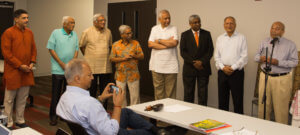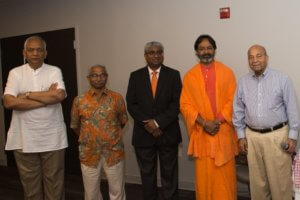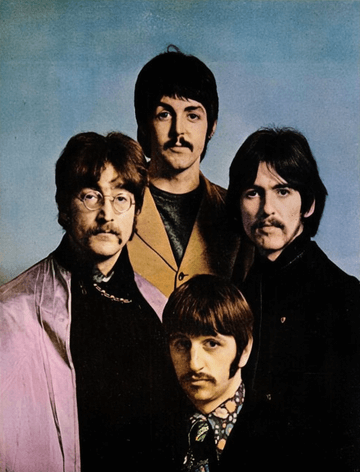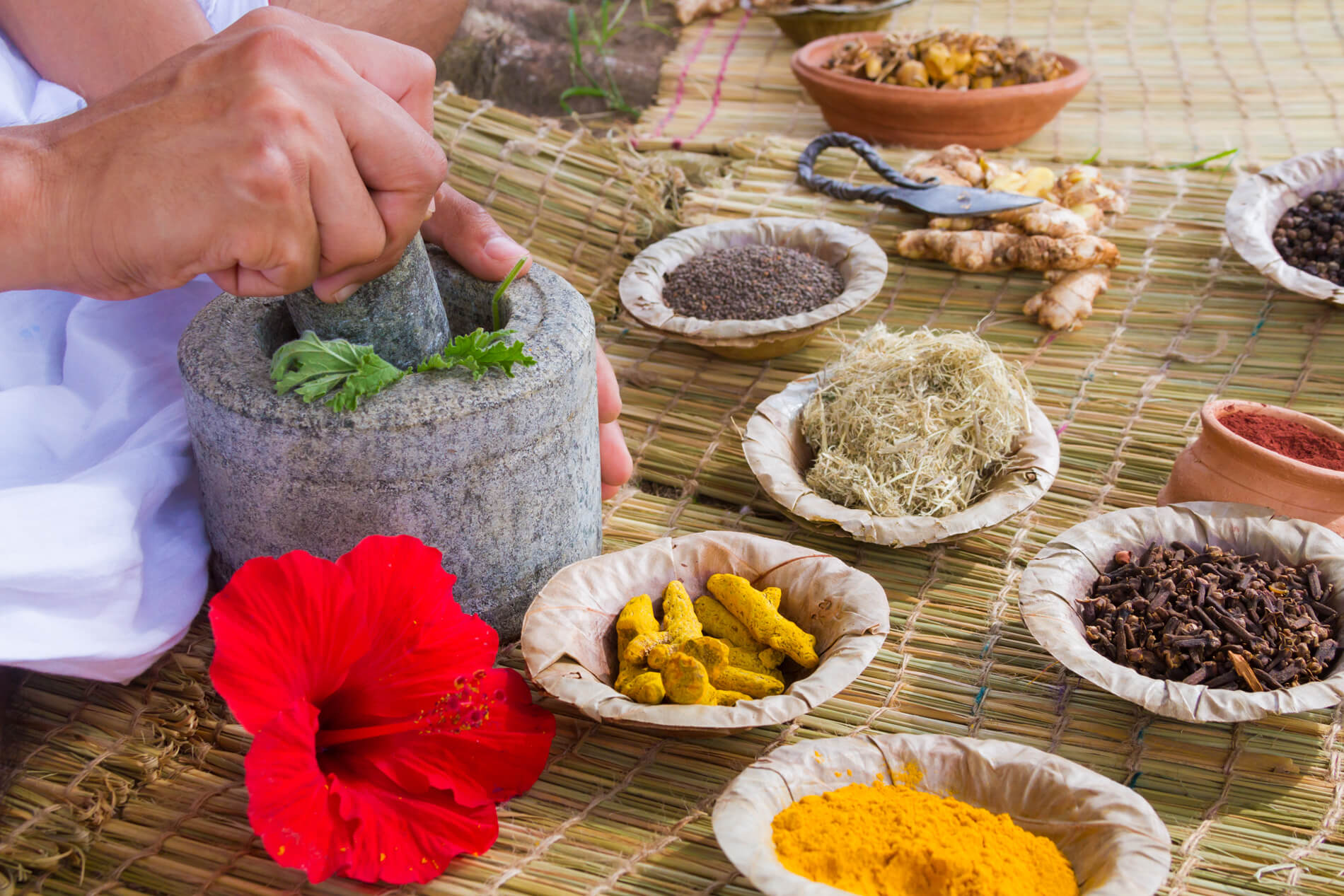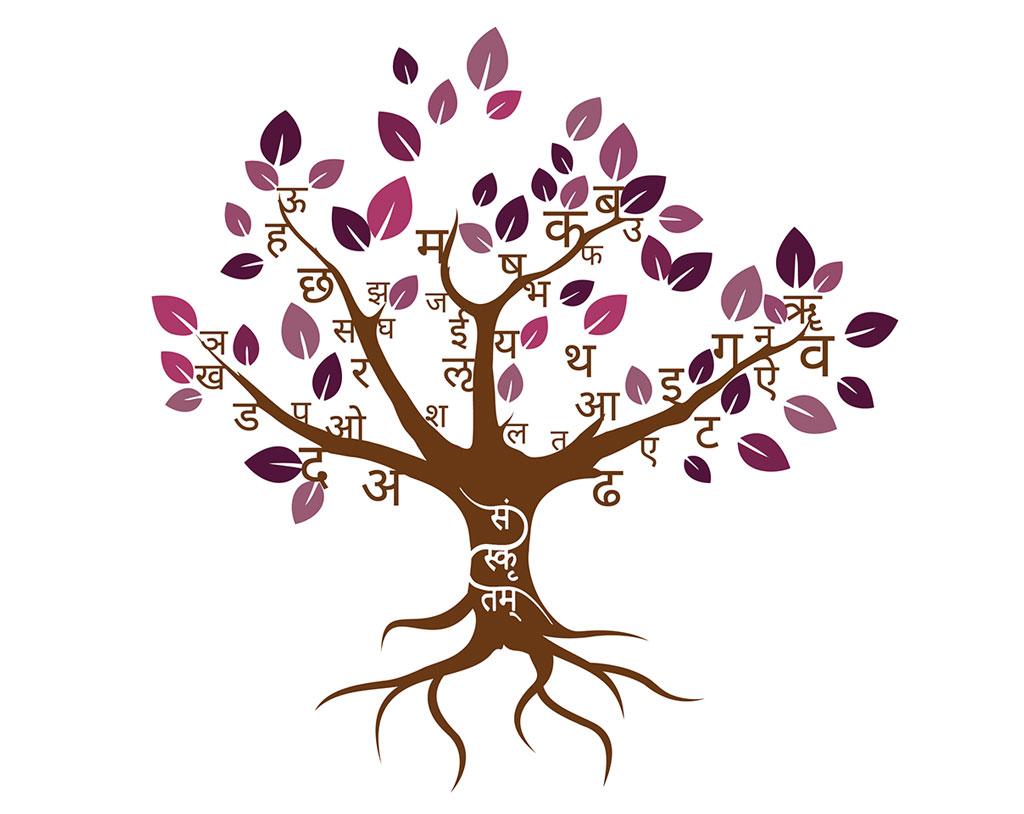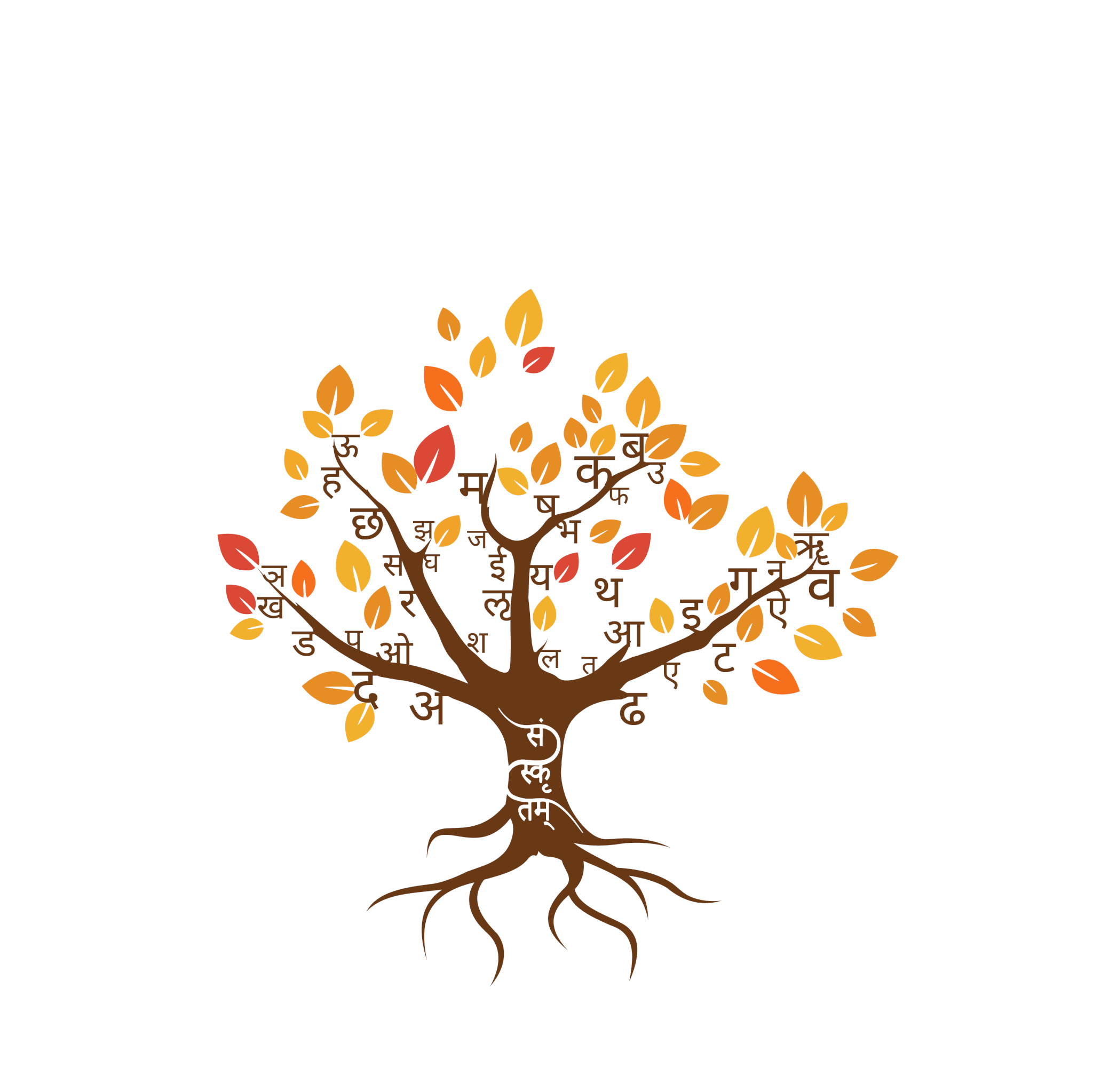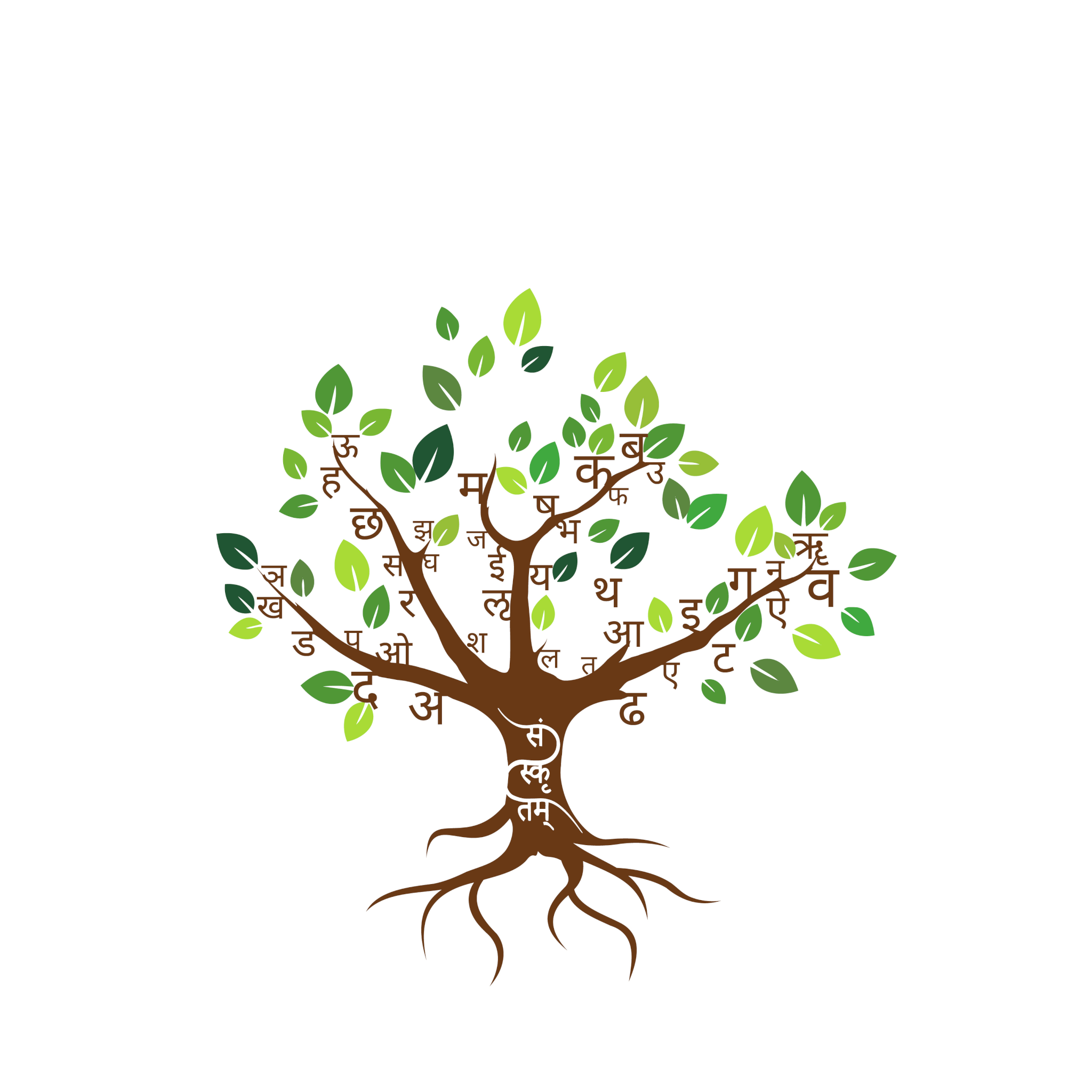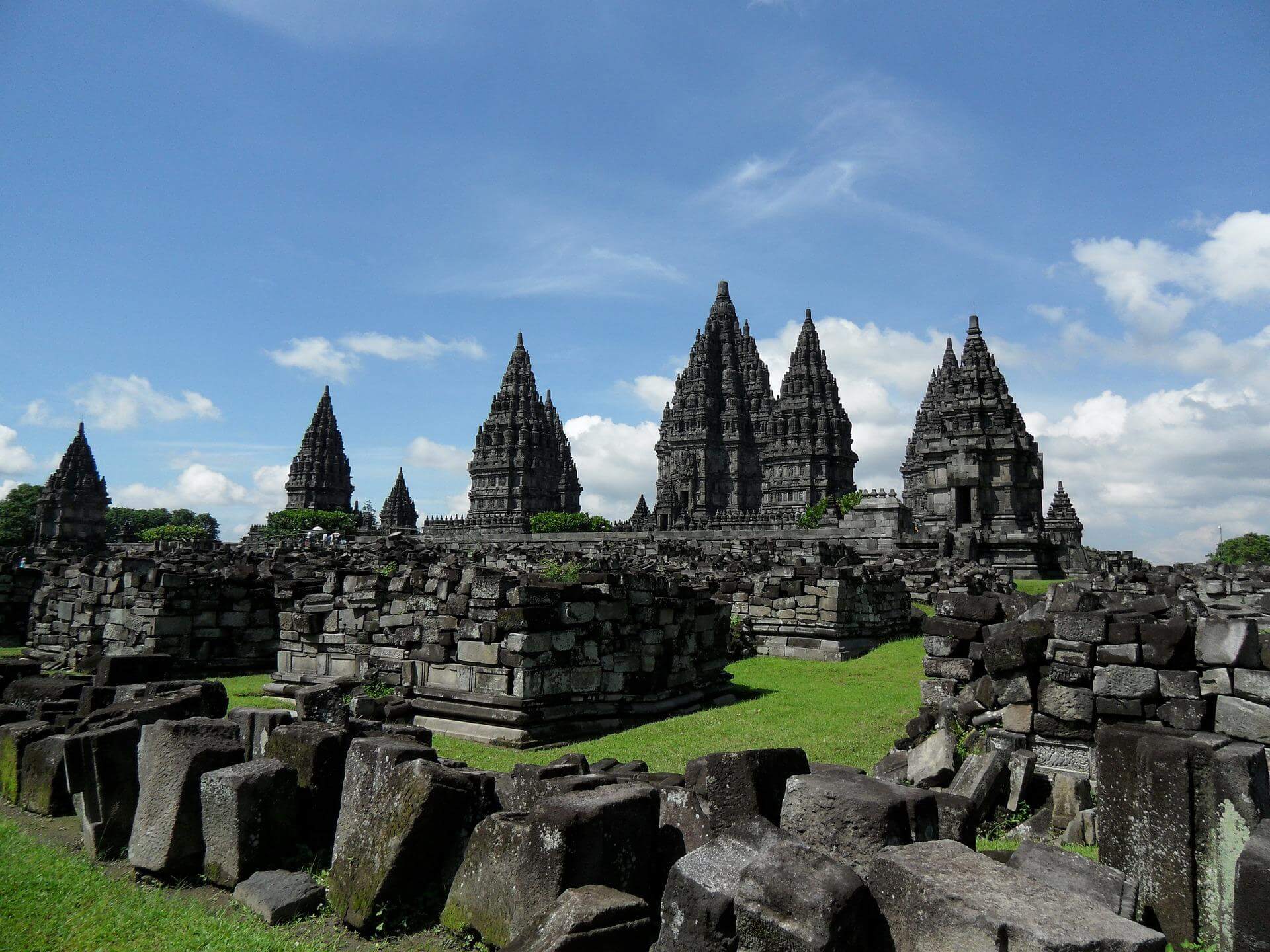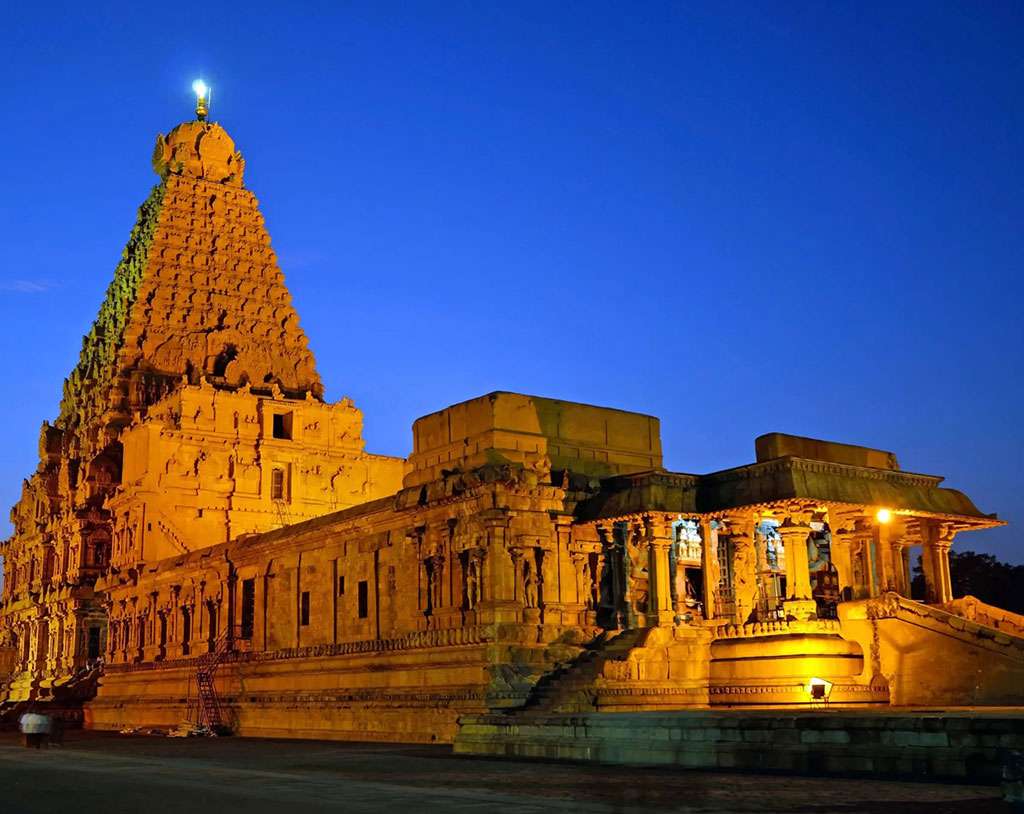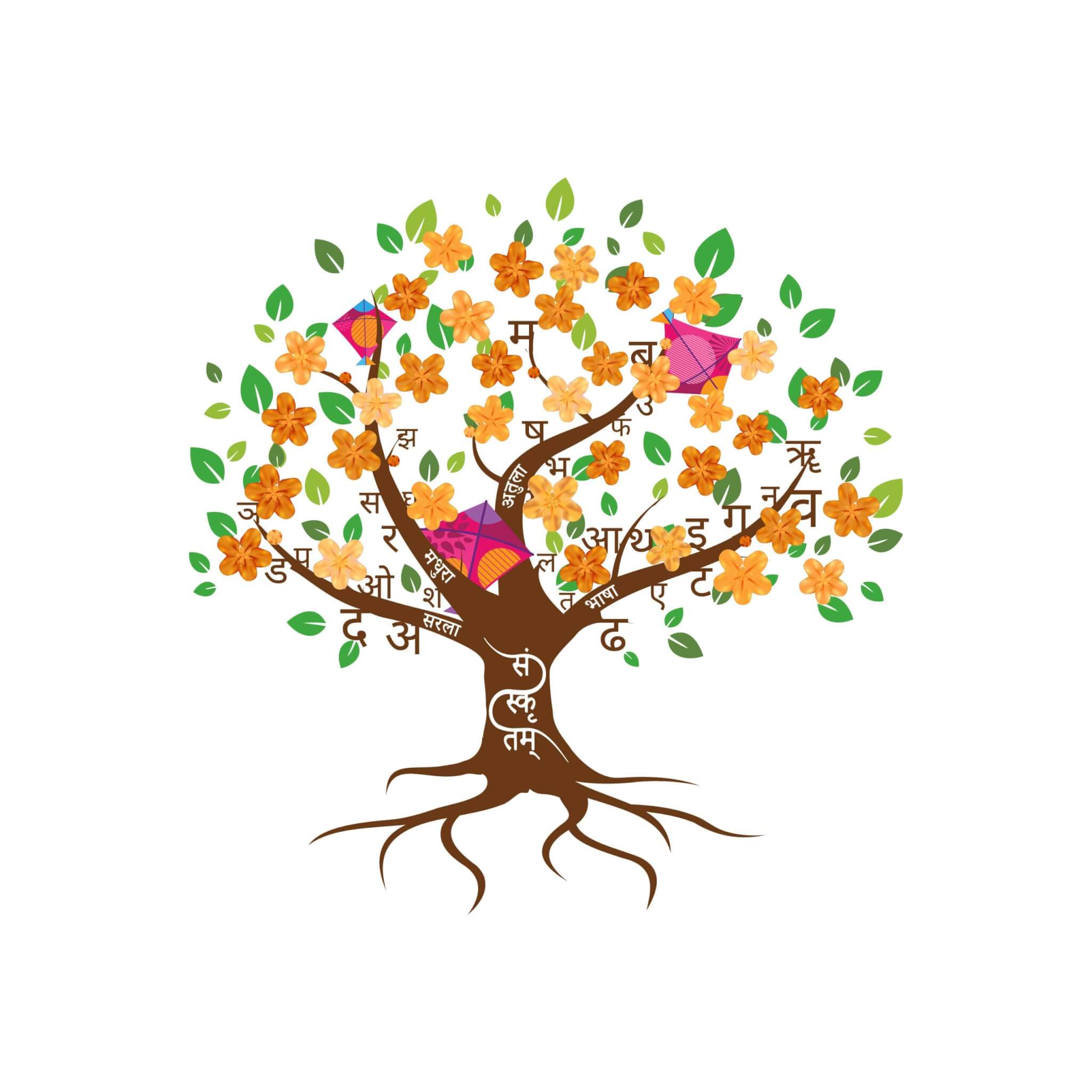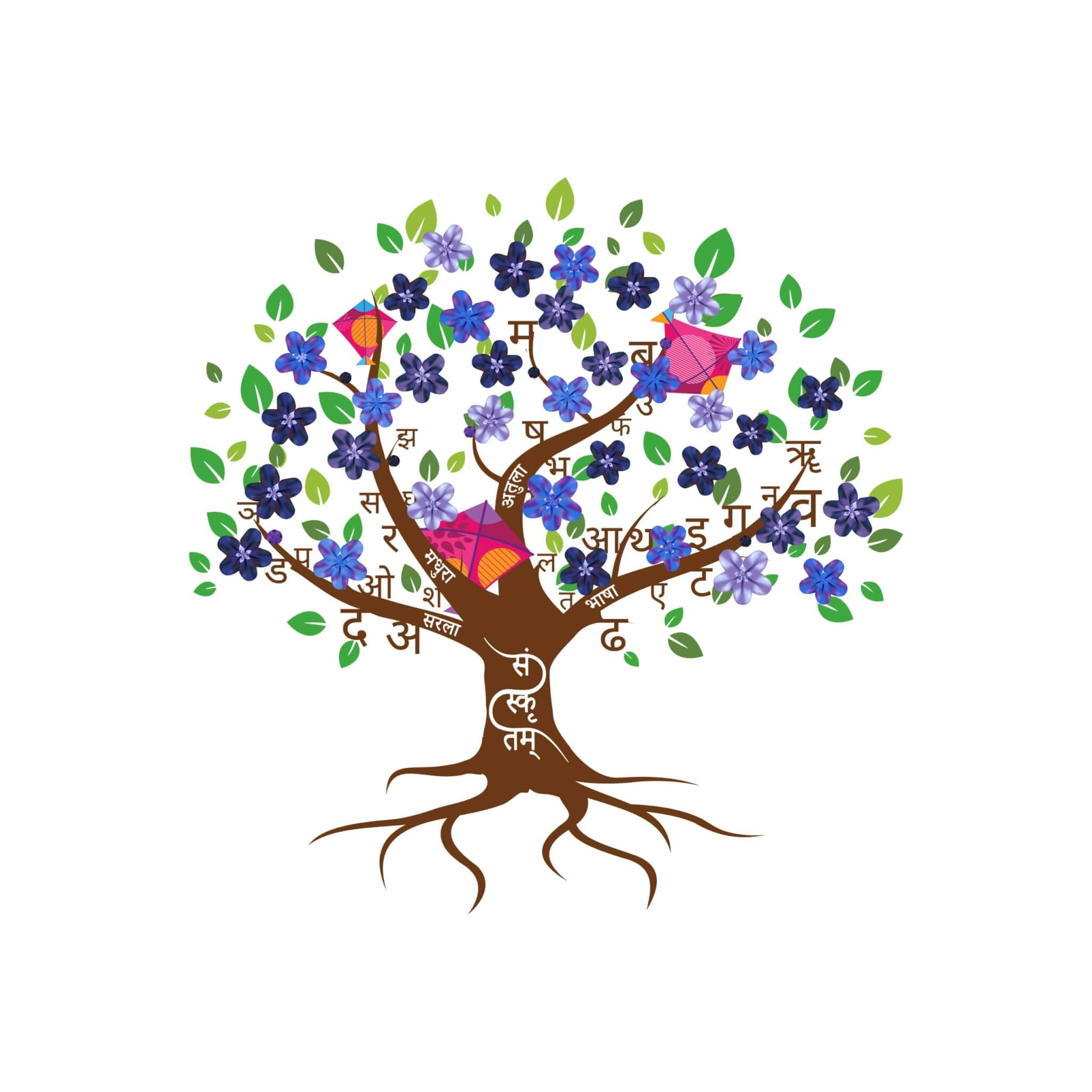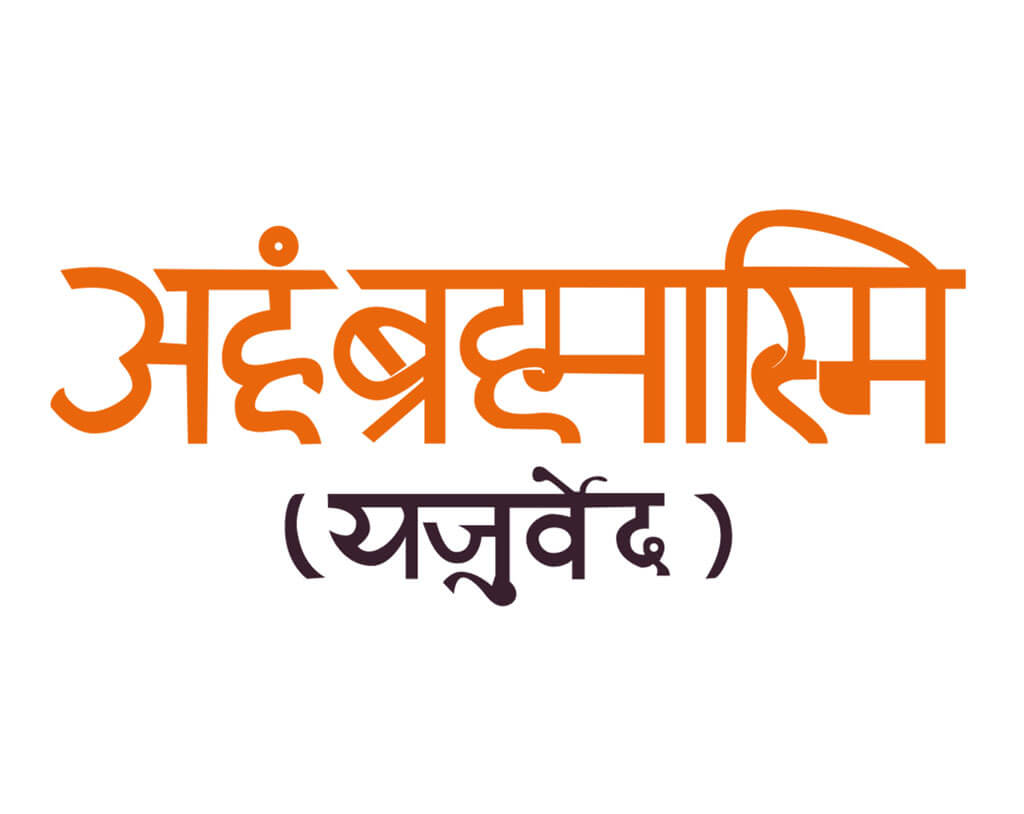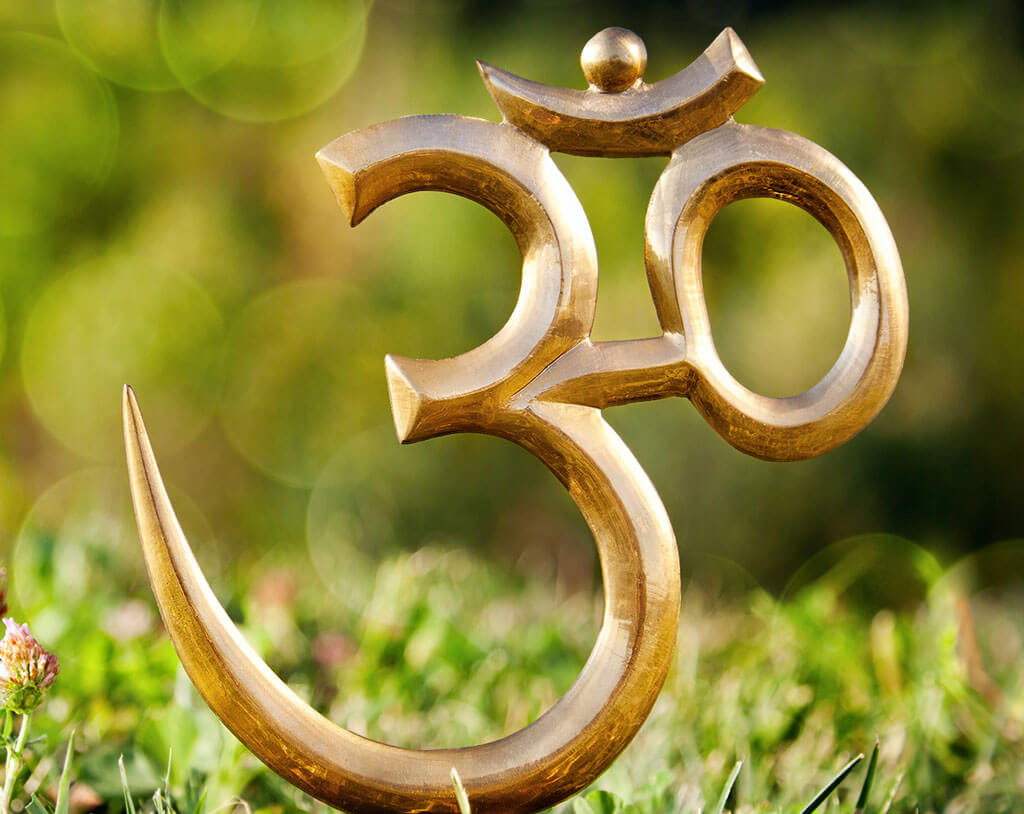Quarters / Semesters Offered: Fall 2022
Ayurveda – Essential Nutrition
Ayurveda Basic
Applied Vedic Science – Basic Ayurveda
Course Content:
This course provides a survey of the science and practice of Ayurveda, through an overview of the key texts and contributions in the discipline. The concept of wellbeing, and not merely medication, that is central to Ayurveda is elucidated in the course.
In this course students will be able to:
- Understand the major contributors and their writings and commentaries that built up the applied science and knowledge system of Ayurveda.
- Assimilate the role and relevance of Ayurveda as a science of wellbeing.
- Recognize the different schools of Ayurveda based on their theories.
Area of Study: Sanskrit Studies
Required / Elective: Elective
Prerequisites: Completion of 12 Credit-Hours of Course work in the MA in Sanskrit / Masters Certificate in Sanskrit
Faculty / Instructor: Dr. Gokula Krishna
Start Date:
End Date:
Day:
Time:
Quarter Offered: Fall Quarter
Beginning Sanskrit – I
Beginning Sanskrit – I
Beginning Sanskrit – II
Beginning Sanskrit – II
Beginning Sanskrit – IV
Beginning Sanskrit – IV
Certificate in Hindu Civilizational Studies
Certificate program in Hindu Civilizational Studies
Certificate program in Hindu Civilizational Studies (C.H.C.S) is an in-depth exploration of the Hindu Civilization from a Hindu perspective. It provides the student with a grounded understanding of Hindu Dharma as one of the oldest, continuous, and still thriving cultures of the world. It unfolds the paradigm of Dharma, i.e., sustainability or natural order, through an exploration of its culture and knowledge traditions. This program enables the student to discover, reconnect and become profoundly established in the paradigm of Sanatana Dharma through a systematic study of the Hindu Civilization.
It comprises of 2 parts:
1. Exploring Hinduism
A set of courses to gain an understanding of Sanatana Dharma and Hindu thought – the bedrock of the Hindu Civilization, by exploring the history, facets, and practices of this culture, which is based on the principles of Dharma at its core. What is Sanatana Dharma? What is Hinduism? When did Hinduism start? Who is a Hindu? What makes Hindus different? Does Hindu thought have relevance in today’s world? Answers to such questions can be found in this “Exploring Hinduism” set of courses.
2. Hindu Contributions To The World
A set of courses to learn how the Hindu civilization and its knowledge systems had influenced world progress with contributions in the realm of both Matter and Mind. This series of courses looks beyond the myths set in motion by a few hundred years of colonial encounter and examines the evidence for the sciences, technologies, inventions, industry, prosperity, wealth and thought leadership that had made India a sought-after civilization across times. It is now accepted knowledge that India was at the top in world trade for around 2000 years with 1/3rd of world trade coming from India. But there is very little mention of how India accomplished this position.
What did it create? What did it trade in? This set of courses goes into the details of the individual components that made up this 33% of world trade and its impact on the world and in India. This subject matter stays unacknowledged and is rarely available for discussion. It also addresses the crucial question, “How could this civilization give all this and more – both to the East and the West?”.
It is a cyclic program of 8 quarters / courses, where participants can join during any quarter and get their Certification once they complete the 8 courses in any order and at their own pace, depending on their ability to join any quarter. This program is open to all – those with or without Indian or Hindu roots, wherever they may be in the world. It will help see the world from a Hindu, Bharatiya, Indic perspective and experience how different it is, from what we think we know.
Program Learning Outcomes: At the end of this program, students will be able to:
- Explain the Hindu Paradigm of Dharma
- Describe salient aspects of the Hindu Civilization
- Critique various misrepresentations of Hinduism
- Synthesize an expansive account of world history
- Establish an expanded sense of purpose and relevance
Required / Elective: Required
Prerequisites: Admission into a Certificate in Hindu Civilizational Studies
Faculty / Instructor: Dr. D. K. Hari, Dr. D. K. Hema Hari,
Quarter Offered: Winter 2025
Exploring Hinduism – Divinities and Dharma
Graduate Academic Writing Seminar Intensive
Graduate Academic Seminar Writing Intensive
Program: Community Education program
Required/ Elective: Required
Faculty: Dr. Joydeep Bagchee
Time: 11:00 am EST – 1:00 pm EST
Start Date: October 30, 2022
End Date: December 18, 2022
Day: Every Sunday
Quarter Offered: Fall 2022
Hindu Temples and Traditions
Hindu Temples and Traditions
Course content:
Our goals are:
- To provide an overview of the various temple architectural styles across India.
- To provide an introduction to the history of temple building, patronage across the ages
- To provide an introduction to sthala-puranas and related local traditions
- Study temple clusters and the sacred geography of India
- Introduce basic vocabulary related to temple culture
- Introduction to the influence of Hindu Temple culture on the far East.
- A perspective on the Temple culture in the modern Hindu diaspora.
After completion of the course, the student will be able to:
- Discern the antiquity of Hindu temples and traditions
- Reflect on the significance of Hindu temples for Hindu life
- Acquire a simple vocabulary of terms related to Hindu temples
- Recognize basic elements of temple architecture
- Appreciate the Hindu calendar as it relates to temples
- Place the lives of Kings, Yogis and Musicians in the context of Hindu temple traditions
- Develop an appreciation for temple related literature
Curriculum Overview:
This course will provide a cultural immersion into the world of Hindu Temples with a set of reading and guided research assignments. The overview course will perform the ambitious task of integrating various piceces of history related to temples covering the diverse sacred geography of India. It will strive to emphasize commonalities across diverse regions.
Course Description
Module 1 Overview of Hindu Temples Topics:
- A geographical overview of temples and traditions across India
- A historical overview of the temples of India
- Diaspora temples
Module 2 Hindu Temple Architecture and History Topics:
- The Nagara Style of Temples
- The Dravida Temple Architecture
- The Vesara style of temples
- Temples of the Western Ghats
- Evolution of Temple Architecture
- The Pallava, Chola, Pandya, Hoysala and Vijayanagar Contribution to temples
- The Kalinga, Rashtrakoota, Chandela contribution to temples
- The Bhakti movement in Tamilnadu
- The Bhakti movement of the 2nd millennium.
Module 3: Hindu Temple Traditions Topics:
- Temples and references in Puranas
- Sthala Puranas or Local Traditions
- Temple Clusters – Abodes of Shiva
- Temple Clusters – Abodes of Vishnu
- Temple Clusters – Shakti Pitham
- Temple Clusters – Other
- Festival Traditions – The Bhrahmotsavam
- Worship Traditions – Agamas
- Temples and Music
- Temples and Dance – The Devadasi Tradition
- Current State of Temple Worship
Area of Study: Texts and Traditions
Prerequisites: None
Faculty/Instructor: Dr. Kanniks Kannikeswaran
Start Date: October 11, 2022
End Date: December 20, 2022
Day: Every Tuesday
Time: 08:00 pm EST – 9:30 pm EST
Quarter Offered: Fall 2022
Intermediate Sanskrit – I
Intermediate Sanskrit – I
Intermediate Sanskrit – IV
Intermediate Sanskrit -IV
Introduction to Upanishads – Part 1
Introduction to the Upanishads – Part 1
Course Description:
Upanishads constitute the foundation of Hindu culture and civilization. The study of Upanishads is central to the discovery of Hindu philosophical thought and its immediate relevance. They are timeless i.e., Sanatana. They speak to each individual freshly and newly at every stage of life. Each encounter with the Upanishads unfolds our understanding of the meaning and purpose of human life in a deeper and broader sense.
Introduction to the Upanishads is a 2-course sequence consisting of two parts. The 2 parts can be taken in either sequence.
Part 1 will introduce the first six Upanishads: Isha, Kena, Katha, Prashna, Mundaka and Mandukya.
Part 2 will introduce the next five Upanishads: Taittiriya, Aitareya, Chandogya, Brhadaranyaka, and Shvetasvatara Upanishad.
Course content:
The course ‘Introduction to the Upanishads’ will introduce different Upanishadic dialogues and stories reflecting philosophical understanding of the concepts like Brahman, Aatman, Creation, Universe, Bondage, Moksha, Karma, Immortality, and Anand. This course aims to explore and understand the roots of Hindu philosophy and its contemporary relevance in our life.
Course Learning Objectives:
In this course students will be able to:
a) Recognize the teachings of six major Upanishads.
b) Distinguish the philosophical foundations of Hindu culture and civilization.
c) Examine their own life in the light of Upanishadic teachings.
d) Demonstrate a philosophical understanding of the purpose and meaning of life
e) Discover a new level of clarity and confidence as a Hindu.
Class Structure:
There will be a minimum of 1 contact hour with one or more faculty every week. The class is structured in a way that promotes discussion and debate based on self-study and reflection each week. While the content being discussed in each class will be concluded within 60 minutes, the discussion time will be free format, and can continue for an additional 30 minutes maximum. During the course, students will be required to submit two short essays. They need not be academic quality papers – but should be based on students’ self-reflection on what they have learnt and assimilated so far.
Required / Elective: Core
Area of Study: Hindu Studies Foundation
Prerequisites: Admission into program of study.
Faculty / Instructor: Dr.Kalika Uttarkar
Start Date: October 7, 2022
End Date: December 16, 2022
Day: Every Friday
Time: 09:00 pm EST – 10:30 pm EST
Quarter Offered: Fall 2022
Jyotisha Basic
Mimamsa Basic
Orientation to Hindu Studies
Course Content:
Orientation to Hindu Studies course will offer a preliminary reflection on the central themes and ideas of Hinduism leading to an understanding of the common foundations of the great variety of traditions and practices within the umbrella of Sanatana Dharma or Hinduism. It will survey the central ideas of Hinduism – covering an Ontology of key Sanskrit terms and the principal ideas that are central to the cosmology, practice, and expressions of Sanatana Dharma. It will include reflections and perspectives on these core concepts, using selected readings from source texts such as the Vedas, Upanishads, Itihaasa, Bhagavad-Gita and Puranas. But it is not a Hinduism 101 course!
The course will also review the complex challenges that arise at the confluence of Hindu and western thought. The Hindu worldview based on Dharma with its emphasis on duties and responsibilities and sustainability of life will be contrasted with contemporary ideologies and their focus on rights and privileges, competition, exploiter-exploited binary, and survival of the fittest. The distinction between a discourse of knowledge and a discourse of power will be drawn out, as two alternate paradigms. Through this, the course will develop an overview and insight into the design of the curriculum offered by the Hindu University of America i.e., the context, and the paradigm that informs that design. It will examine the impact of colonial
discourse on postcolonial Hindu experience and leave students with the pressing urgency of intellectual decolonization. And as it distinguishes between colonial perspectives that constitute the received knowledge on Hinduism, from the lived reality of Hindus, it will present the significance and importance of Hindu studies today, in a deeply moving, inspiring and transformative way.
Course Learning Objectives:
In this course students will be able to:
a) Explore alternate paradigms, various options and trajectories available within the Hindu Studies Program
b) Distinguish the central ideas and concepts that constitute the Foundations of Hindu Dharma
c) Evaluate different elective areas of study and Courses offered: Sanskrit Studies, Texts and Traditions, Yoga Studies, History and Method, Post-Colonial Hindu studies and Conflict and Peace studies.
d) Distinguish between pathways towards a deep study of Hindu thought, or towards deep engagement with western thought from a Hindu perspective
e) Discover and Create pathways for engagement with the Hindu Studies curricula
Class Structure:
There will be a minimum of 1.5 contact hours with one or more faculty every week. The class is structured in a way that promotes discussion and debate based on self-study and reflection each week. While the content being discussed in each class will be concluded within 90 minutes, the discussion time will be free format, and can continue for an additional 30 minutes. During the course, students will be required to submit one short essay. They need not be academic quality papers – but should be based on students' self-reflection on what they have learnt and assimilated so far, and what has touched and inspired them deeply.
Area of Study: Hindu Studies Foundation
Program: Certificate Program in Hindu Studies (CPHS), Community Education Program (C.E.P), Doctor of Philosophy in Hindu Studies, Master of Arts in Hindu Studies (M.A.H.S)
Required/ Elective: This course is a prerequisite for admission into Masters’ and Doctoral program in Hindu Studies. It is also a required Core course for the Certificate Program in Hindu Studies.
Prerequisites: None.
Faculty: Mr. Kalyan Viswanathan(along with others)
Time: 09:00 pm EST – 10:30 pm EST
Start Date: January 13, 2023
End Date: March 24, 2023
Day: Friday
Quarter Offered: Winter 2023







